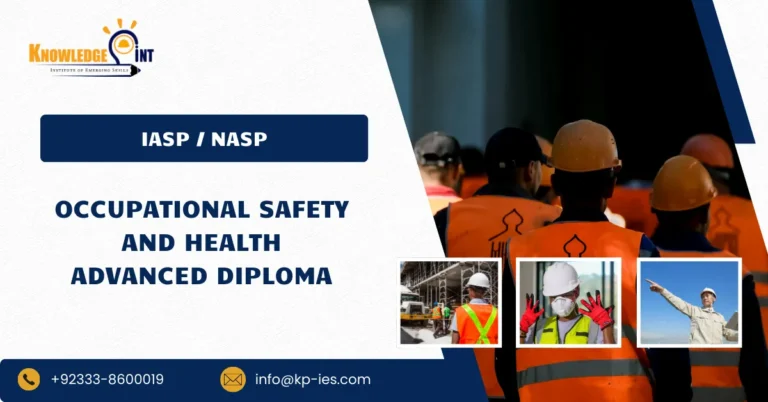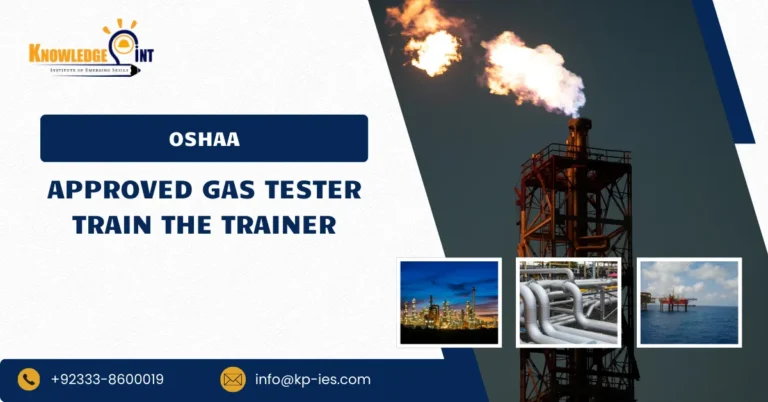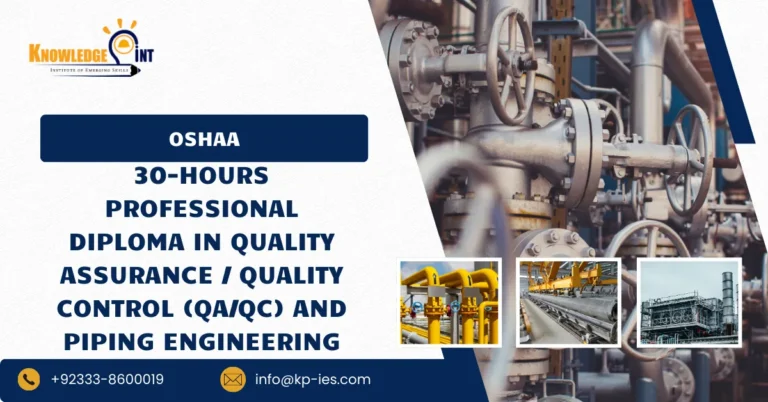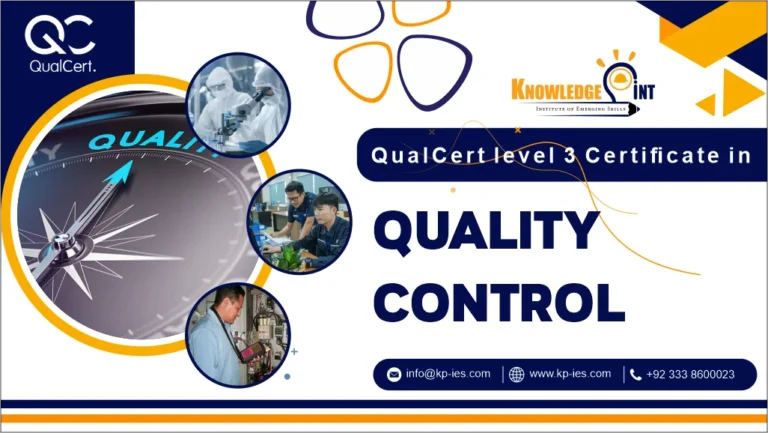OSHAA 30-Hours Professional Diploma
Navigating Controlled Substances
Awarding Body
OSHAA
Duration
30 Hours
Course Type
Health & Safety
study mode
Online Learning
Course overview
The OSHAA 30-Hours Professional Diploma in Navigating Controlled Substances offers a structured and comprehensive learning experience focused on the professional, ethical, and legal dimensions of controlled substance management. The program highlights the delicate balance between medical benefits and potential risks, while reinforcing the responsibilities of prescribing, dispensing, storing, and monitoring these substances.
Controlled substances are vital in modern healthcare, providing relief for pain, anxiety, neurological disorders, and other serious medical conditions. Despite their therapeutic value, these substances present significant risks, including misuse, dependency, and legal challenges. For professionals such as healthcare providers, pharmacists, and regulatory officials, mastering the responsible management of controlled substances is essential to ensure patient safety and compliance with both national and international regulations.
This diploma is tailored for healthcare professionals, pharmacists, and regulatory personnel working in environments where controlled substances are managed. It equips learners with the expertise to safeguard patients, prevent misuse, and uphold professional integrity in practice.
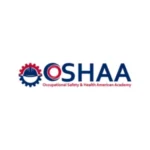
satellite centre of Paradigm Us
For OSHAA Qualifications

Entry Requirments
Entry Requirements for the OSHAA 30-Hours Professional Diploma in Navigating Controlled Substances:
- Educational Qualifications:A minimum of a high school diploma or equivalent qualification.Preferably, a background in healthcare, pharmacy, nursing, or life sciences.
- Professional Experience:Healthcare providers, pharmacists, regulatory officials, or professionals working in clinical, pharmaceutical, or compliance environments are strongly encouraged.
- English Language Proficiency:Since the program is delivered in English, learners must show competence in reading, writing, and communication.
Course structure
The OSHAA 30-Hours Professional Diploma in Navigating Controlled Substances qualification consists of 8 mandatory units.


